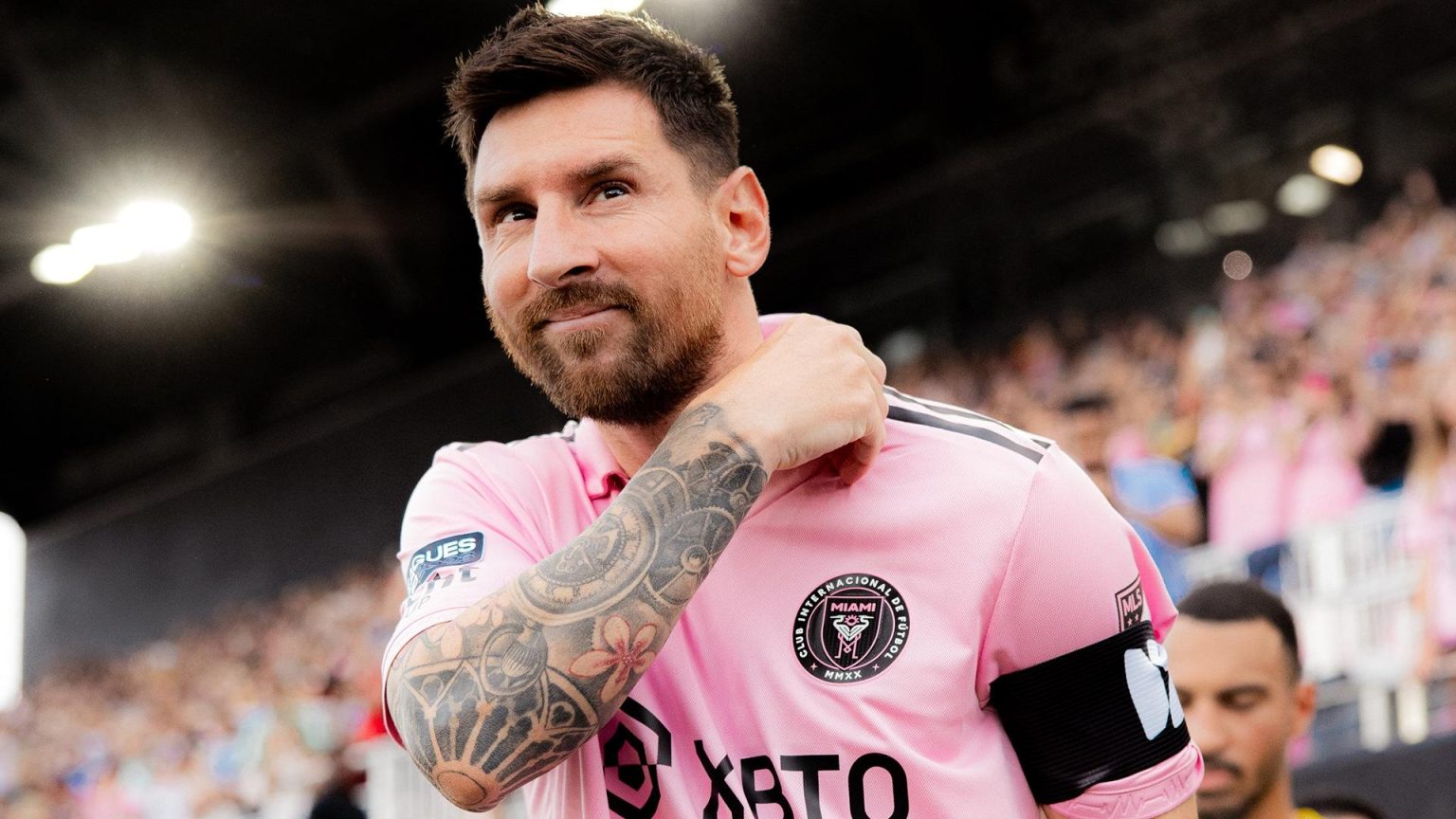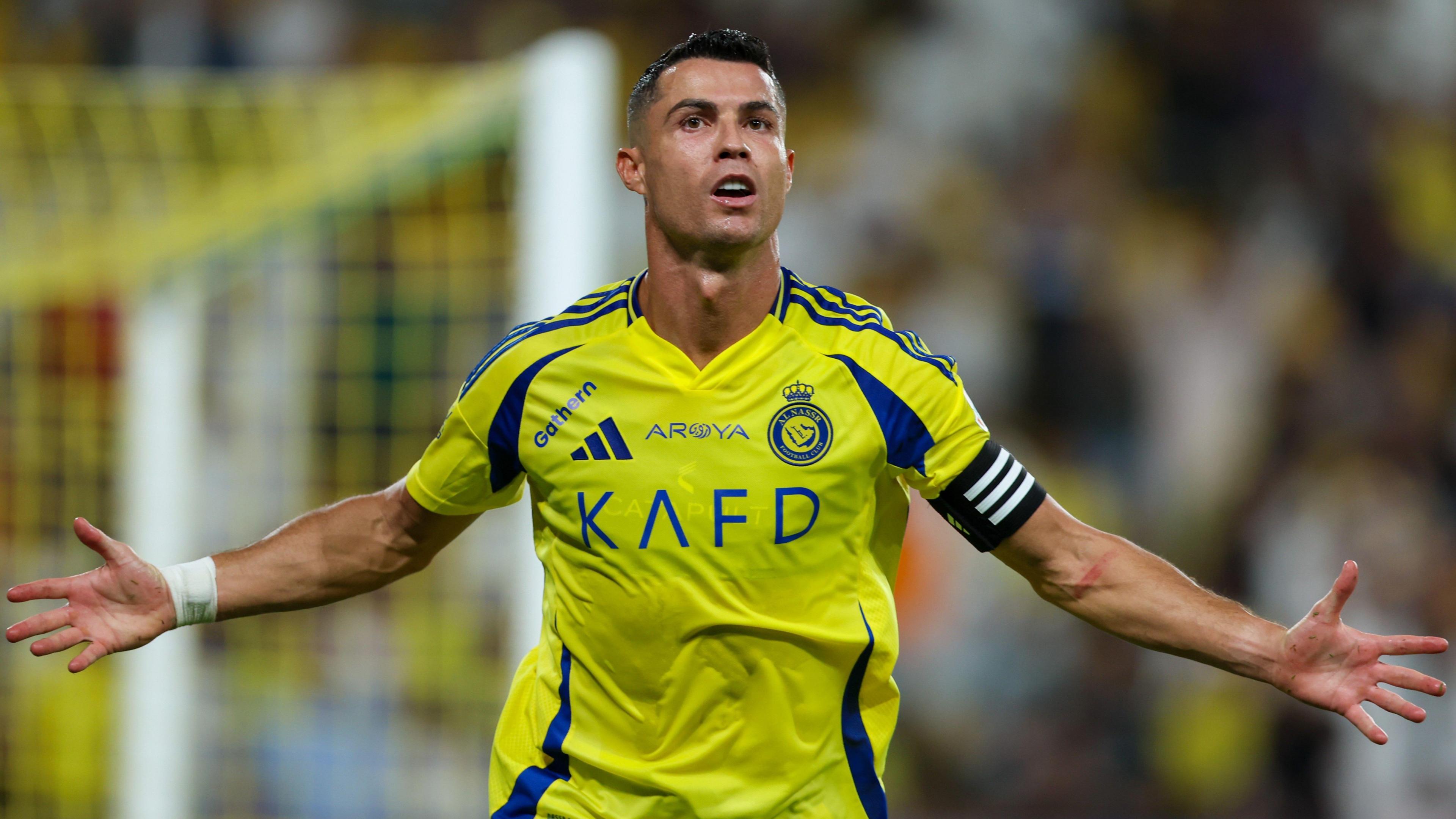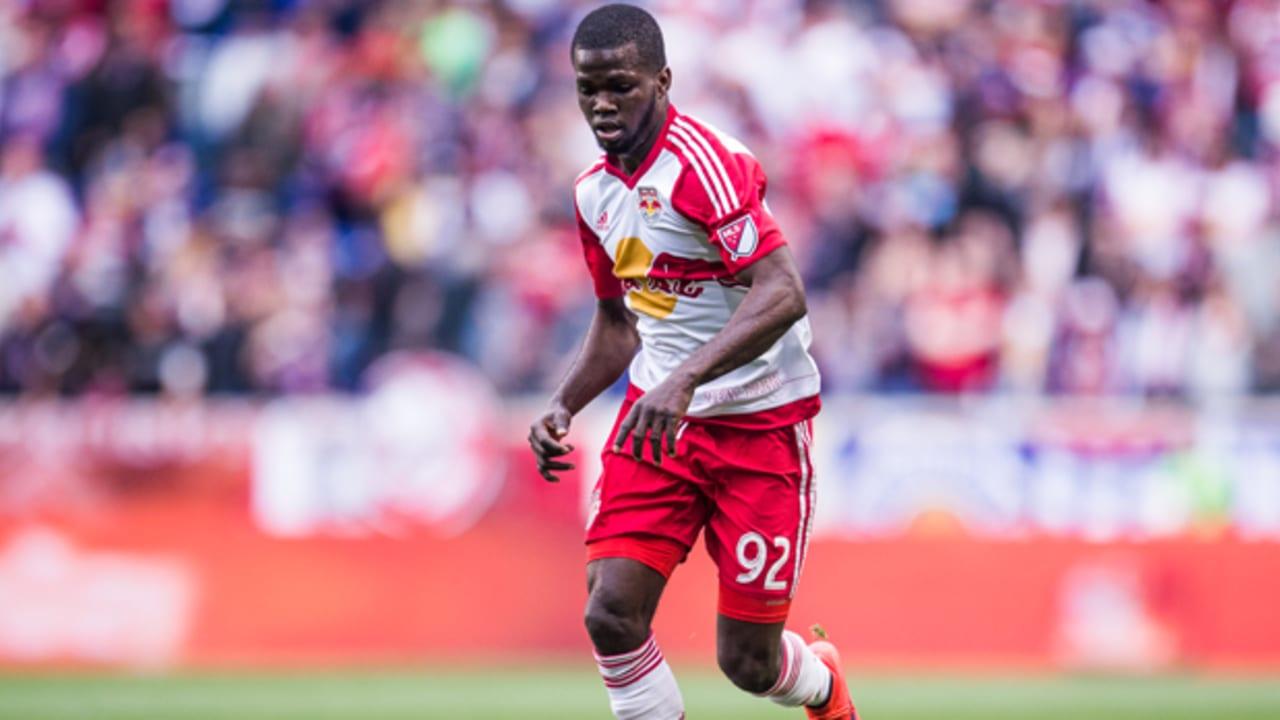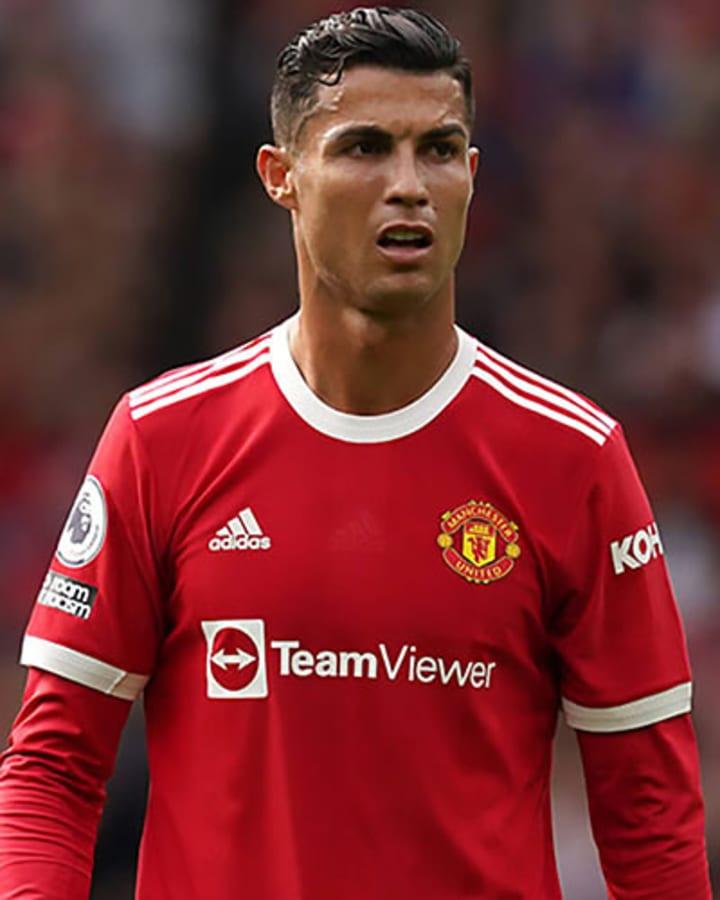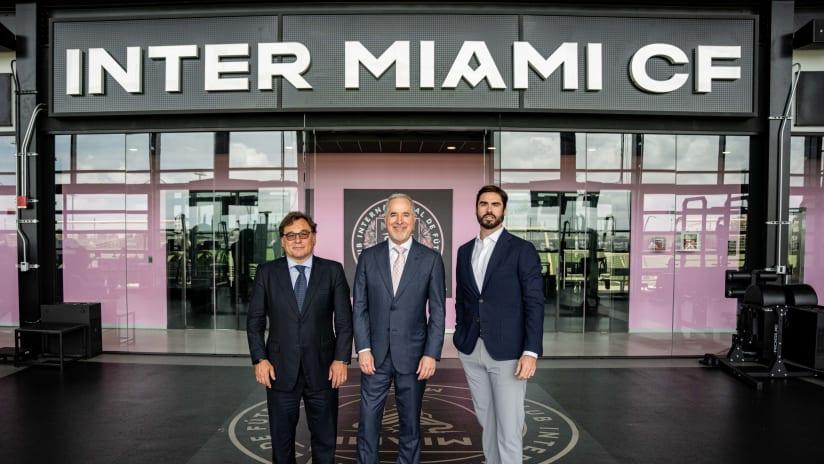When the football world tunes in to witness a clash of legends, expectations run sky-high. Yet, on a night when giants met at the pitch, it was Lionel Messi who found himself at the center of scrutiny following Inter Miami’s resounding 4-0 defeat to Paris Saint-Germain. As the echoes of the scoreboard rang out, fans were quick to draw comparisons, with some declaring that “Portugal will haunt Messi forever” and asserting, “This wouldn’t happen to Ronaldo.” In a match that revealed more than just the final score, the spotlight shifted sharply onto Messi’s performance, sparking a wave of passionate debate over legacy, rivalry, and the unyielding standards set by football’s elite.
Portugal’s Legacy Overshadows Messi’s Miami Struggles
As the final whistle blew during Inter Miami’s stunning 4-0 defeat to PSG, what resonated most with fans was not just the scoreline but the glaring contrast between two footballing legacies. The shadows cast by Portugal’s monumental footballing history, led by Cristiano Ronaldo, have become an ever-present benchmark against which Lionel Messi’s every Miami misstep is magnified. Supporters from across the globe lamented that such a heavy loss would be unthinkable if a Portuguese icon were at the helm, emphasizing the deeply entrenched narrative that Ronaldo’s aura persists long after his peak.
Critics were swift to voice their discontent, outlining key frustrations that shaped the discourse around Messi’s Miami tenure:
- Lack of decisive impact: Unlike Ronaldo’s relentless goal-scoring in high-pressure matches, Messi struggled to assert dominance on the pitch.
- Leadership void: Fans debated Messi’s ability to inspire a struggling squad versus the commanding presence Ronaldo has historically displayed.
- Unmet expectations: The excitement surrounding Messi’s arrival in MLS has instead been met with a series of underwhelming performances, deepening fans’ comparisons.
Analyzing the Tactical Breakdown in Inter Miami’s Heavy Defeat
Inter Miami’s tactical setup unravelled under PSG’s relentless pressure, exposing several key vulnerabilities. The midfield, supposed to be the engine room, failed to effectively disrupt PSG’s rhythm or provide cohesive support to the forwards. This lack of control allowed PSG to dominate possession, orchestrating swift, incisive attacks that left Miami’s defense scrambling. Notably, the team’s shape oscillated between a disjointed 4-3-3 and an unbalanced 4-2-3-1, leading to frequent gaps exploited ruthlessly by Paris Saint-Germain’s dynamic frontline.
Critical tactical failures included:
- Poor defensive coordination, especially on wide plays, where overlapping runs were poorly tracked.
- Inadequate pressing intensity, granting PSG’s creative players space to maneuver.
- Lack of offensive penetration, leaving key attackers isolated without adequate service or support.
These issues underscore a fundamental disconnect between strategy and execution, amplifying the scrutiny on Messi’s role within the system. Fans argue that such tactical frailties might have been mitigated by more proactive positioning and greater influence in transition phases, aspects where the Argentine icon appeared surprisingly subdued. This tactical breakdown ultimately magnified Inter Miami’s defensive frailties and contributed heavily to their comprehensive defeat.
Comparing Pressure: Ronaldo’s Resilience vs Messi’s Challenges
In the relentless glare of international scrutiny, Cristiano Ronaldo’s career has been defined by an unyielding resilience that fans admire and rivals envy. No matter the stage or the stakes, Ronaldo consistently delivers under pressure, a fact that fuels passionate debates among football enthusiasts. His ability to shoulder the weight of expectations, especially in high-stakes moments for Portugal, contrasts sharply with Messi’s recent struggles on the big stage, where critics have found fault in the Argentine’s performance during Inter Miami’s crushing 4-0 loss to PSG.
Messi’s challenges expose a narrative of vulnerability seldom associated with his name, leading fans to question if the pressures of playing in a new environment and carrying the spotlight for Argentina have taken a toll. This contrast invites reflection on the psychological toughness each player brings to their teams, highlighted by:
- Ronaldo’s passionate leadership during Portugal’s most trying matches, consistently driving the squad beyond limits.
- Messi’s adaptation struggles in a different league, coupled with a visible dip in confidence highlighted by recent performances.
- Fan expectations’ impact on both players, where Ronaldo thrives under pressure, while Messi is perceived to buckle.
Ultimately, the stark juxtaposition between Ronaldo’s revered toughness and Messi’s recent hurdles offers a compelling look at the mental and emotional dimensions defining football greatness in today’s era.
Strategic Adjustments Inter Miami Must Implement to Rebound
Inter Miami must take a hard look at their tactical framework after the humbling 4-0 defeat to PSG. The gulf in class was evident, but beyond individual brilliance, a cohesive strategy is urgently needed. The team’s defensive vulnerabilities were ruthlessly exposed, demanding immediate recalibration of their defensive shape and pressing schemes. Integrating a more compact midfield to shield the backline and disrupt PSG’s rhythm could create a much-needed balance between attack and defense. Miami’s current setup leaves gaps that elite opponents exploit easily, and plugging these will be pivotal to halting the recent slide.
Moreover, Miami’s attacking play lacked the creativity and penetration expected at this level. To ignite their offensive spark, they must focus on:
- Enhancing positional flexibility: Encouraging forwards and midfielders to interchange positions and confuse marking schemes.
- Improving transitional speed: Accelerating ball movement to exploit counter-attacking chances before PSG’s defense settles.
- Utilizing set-pieces smartly: Capitalizing on dead-ball situations where individual quality can disrupt organized defenses.
Without these strategic adjustments, Miami risks falling further behind in the fiercely competitive MLS landscape. This is a crucial moment for the coaching staff to reassess, innovate, and instill resilience to reclaim their identity and confidence on the pitch.
As the dust settles on Inter Miami’s heavy defeat to PSG, the echoes of criticism will linger longer than the final whistle. “Portugal will haunt Messi forever,” fans lament, drawing stark contrasts with Cristiano Ronaldo’s enduring legacy. While football is a game of moments, Messi’s recent outing serves as a reminder that even legends face scrutiny under the brightest spotlights. Whether this marks a crossroads or merely a stumble in his illustrious journey, one thing remains clear: the world will be watching-expecting, debating, and never forgetting the relentless rivalry that shapes the beautiful game.


